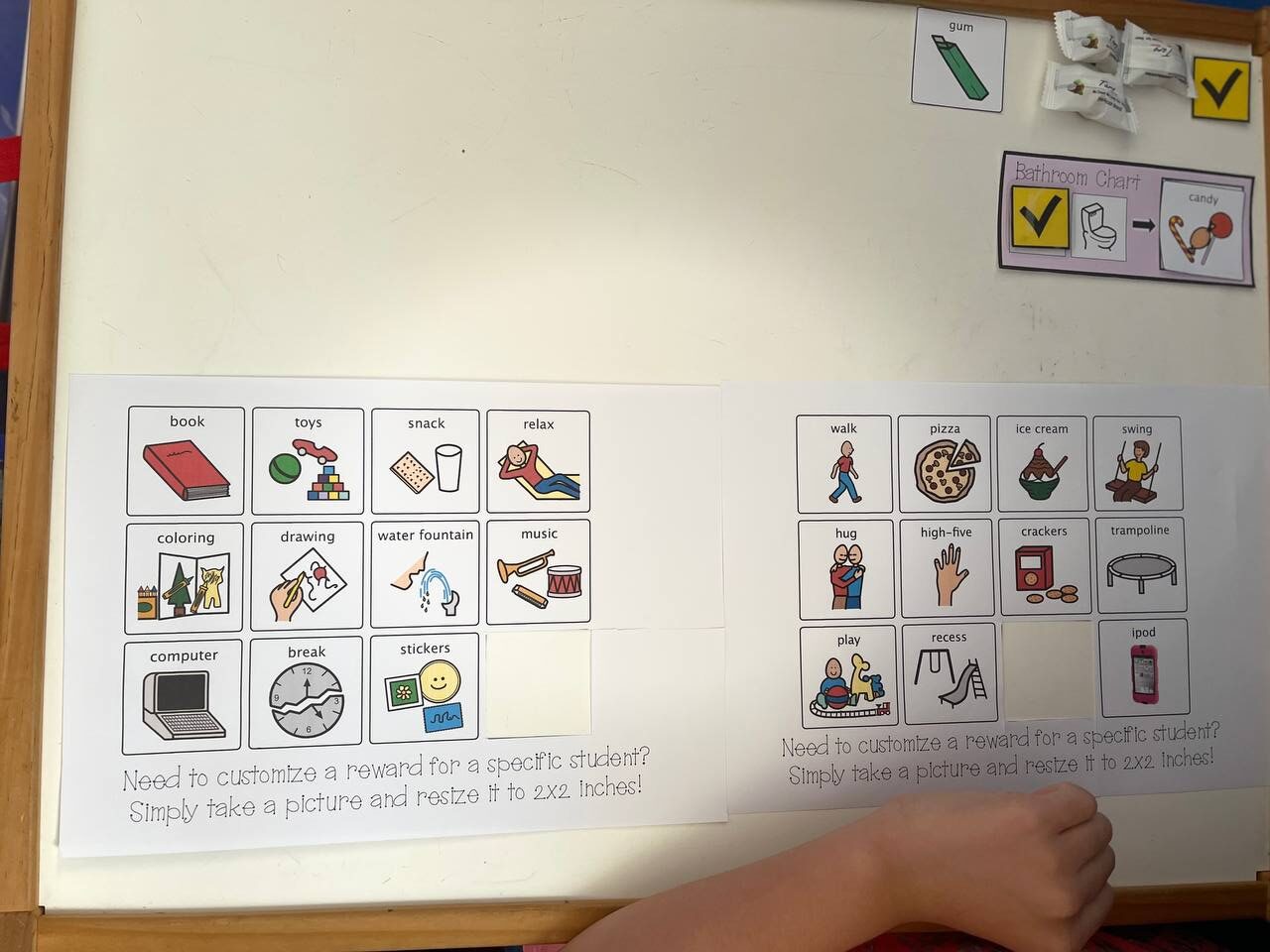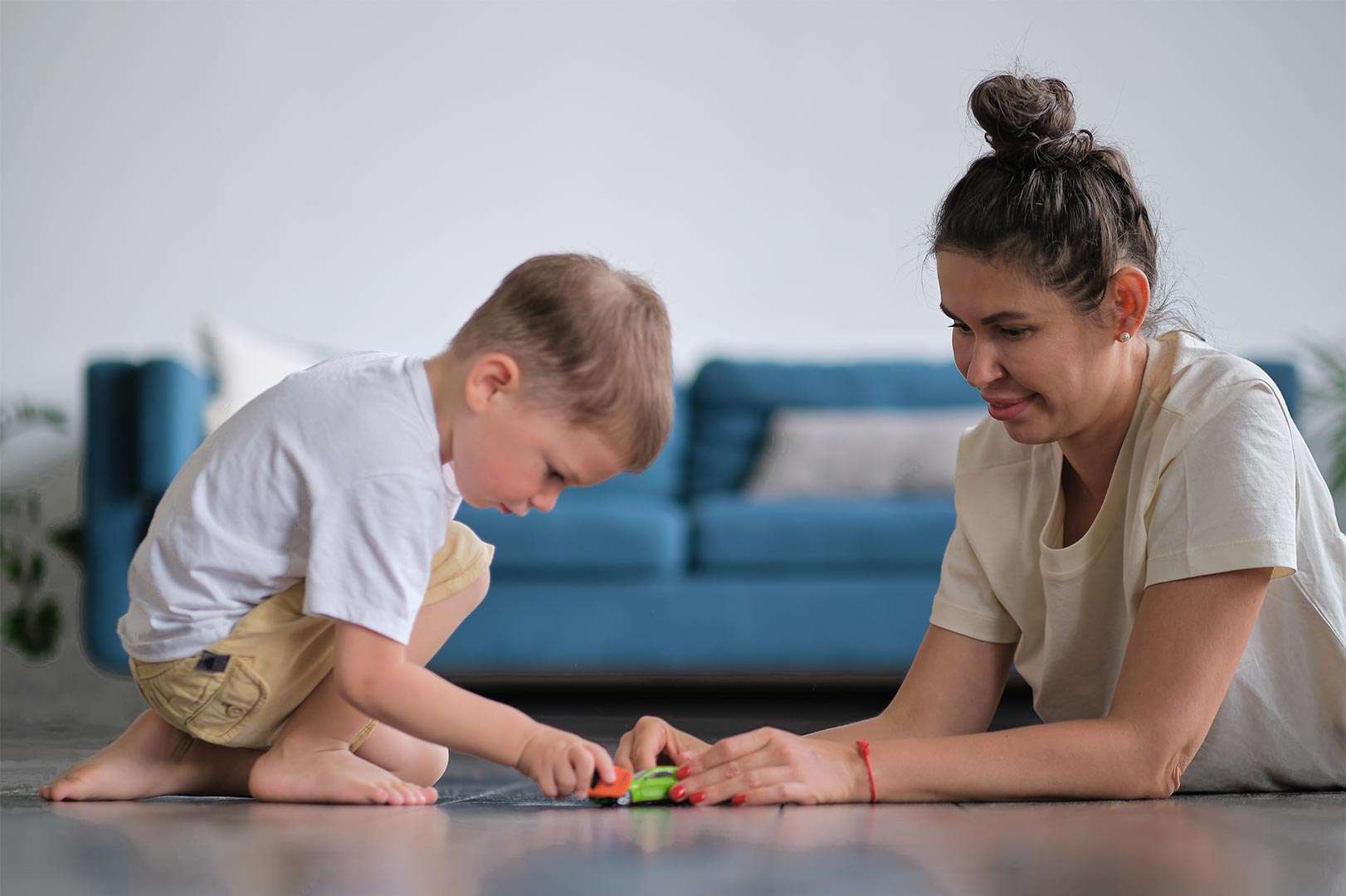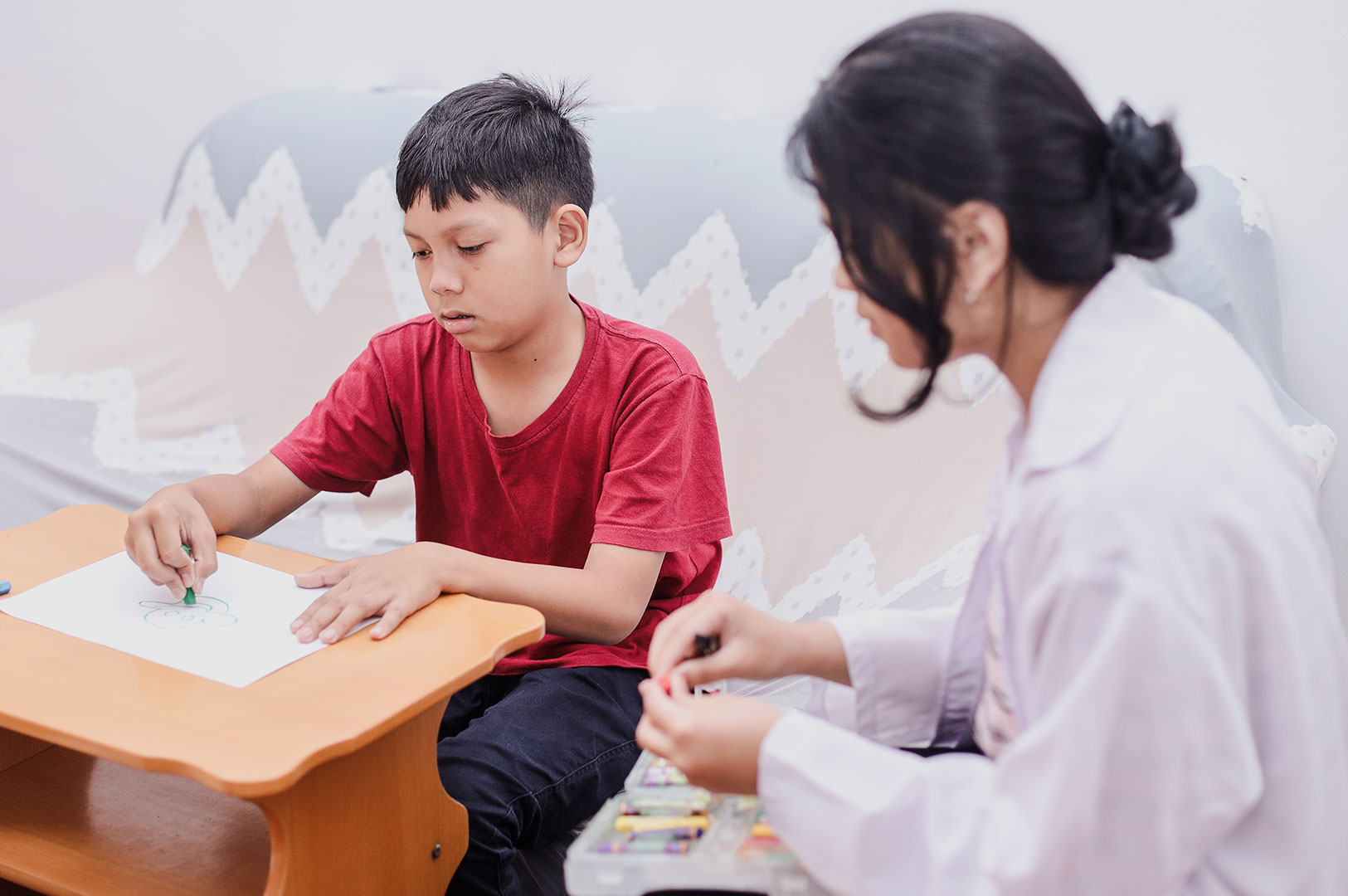Toilet training can be a challenging chapter for any parent, but for families with children on the Autism spectrum (ASD), it can present unique hurdles. While developmental milestones may vary, understanding the specific needs and sensitivities of children with ASD is crucial for creating a successful and stress-free potty-training experience.
Sensory Sensitivities and Comfort:
Children with ASD often have heightened sensory sensitivities, making the sights, sounds, and textures of the bathroom overwhelming. Addressing these concerns is essential. Opt for a smaller potty seat, offer calming music or fidget toys, and ensure the bathroom environment is familiar and free of unnecessary distractions. Experiment with different textures for underwear and wipes to find what feels comfortable for your child.
Communication and Routines:
Clear and consistent communication is key. Use simple, direct language like “pee” and “poop” instead of euphemisms. Visual aids like picture schedules or social stories can help break down the toileting process into manageable steps and manage expectations. Consider introducing a “potty dance” or other visual cue to signal their need to use the toilet.
Positive Reinforcement and Consistency:
Celebrate both small and big wins with positive reinforcement, focusing on effort and progress rather than perfection. Choose rewards that align with your child’s interests, but avoid making toileting contingent on unrelated privileges. Consistency is vital – ensure everyone involved in the process uses the same language, routines, and expectations.
Individualized Approach:
Remember, every child develops at their own pace. Comparing your child’s progress to others can be counterproductive and discouraging. Adapt your approach based on your child’s unique needs and communication style. Some children may benefit from a slow, methodical approach, while others may respond better to shorter, more frequent attempts.
Collaboration and Support:
Don’t hesitate to seek professional guidance from occupational therapists, speech therapists, or behavior analysts who specialize in working with children with ASD. They can provide tailored strategies and support, helping you navigate potential challenges and develop a personalized toileting plan.
Toilet training with a child on the ASD spectrum requires patience, flexibility, and a healthy dose of understanding. Celebrate successes, acknowledge setbacks, and focus on celebrating your child’s individual journey. With the right approach and support, you can help your child achieve this important milestone and build confidence in self-care skills.
Find out if your child needs extra support today!
- My child screams hysterically
- My child is mean to other children
- My child is always worried
- My child is scared to go to school
- My child is scared of loud noises
- My child doesn’t know how to read
- My child is scared to play outside
- My child does not respond to his name
- My child always gets in trouble
- My child fights with other children
- My child doesn’t know how to count
If you are concerned about your child’s development, contact us for Assessments: Phone/Telegram: 077.455.993 – Telegram Link: https://t.me/OrbRom
If you are concerned about your child’s development, contact us for Assessments.
Phone/Telegram: 077.455.993 Link: https://t.me/OrbRom






Leave A Comment